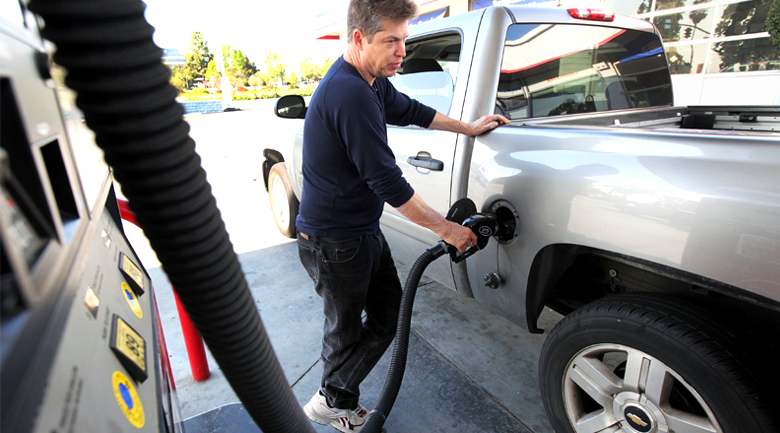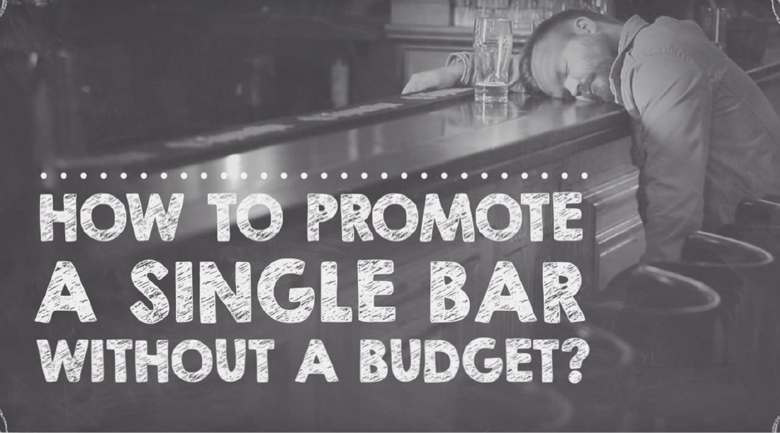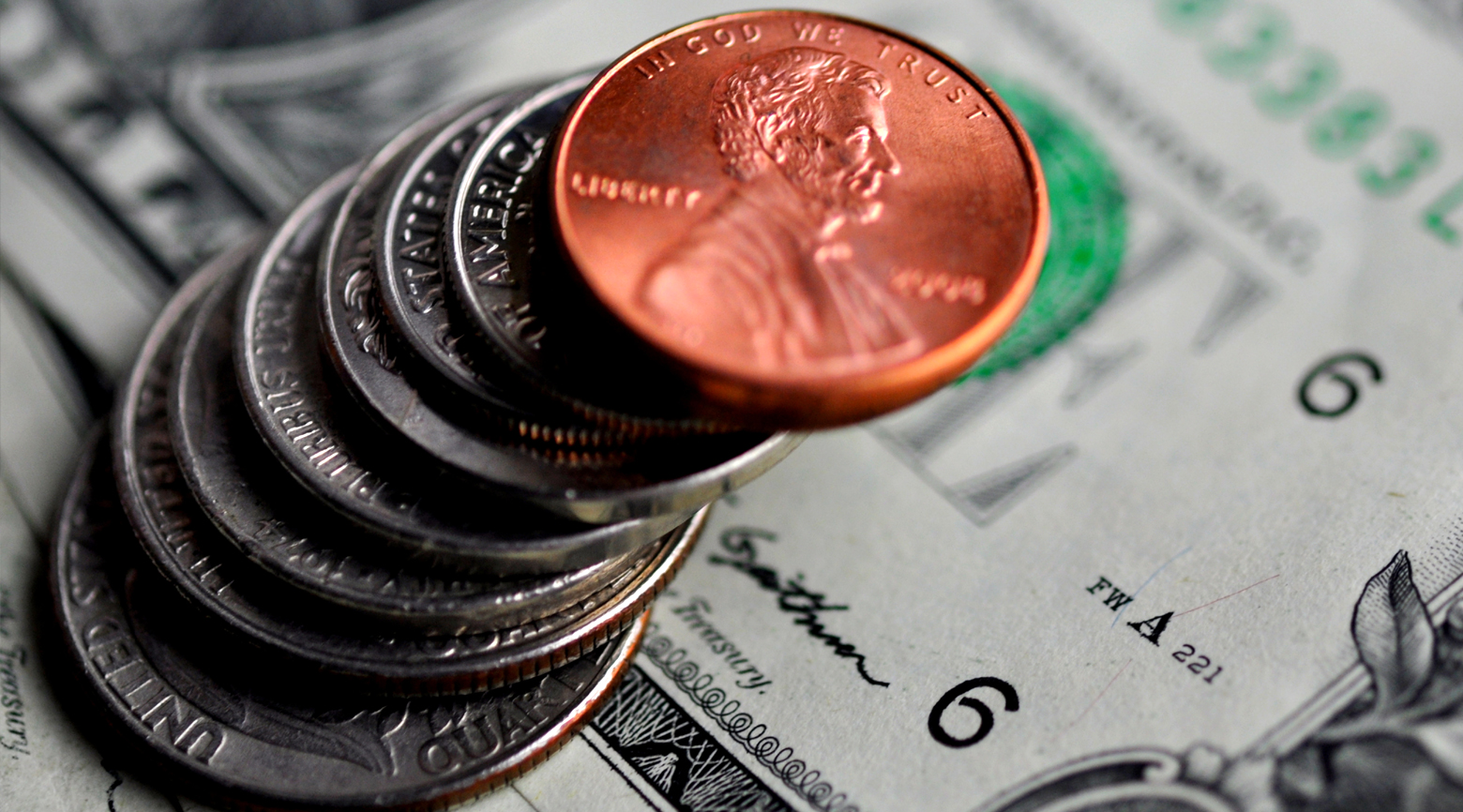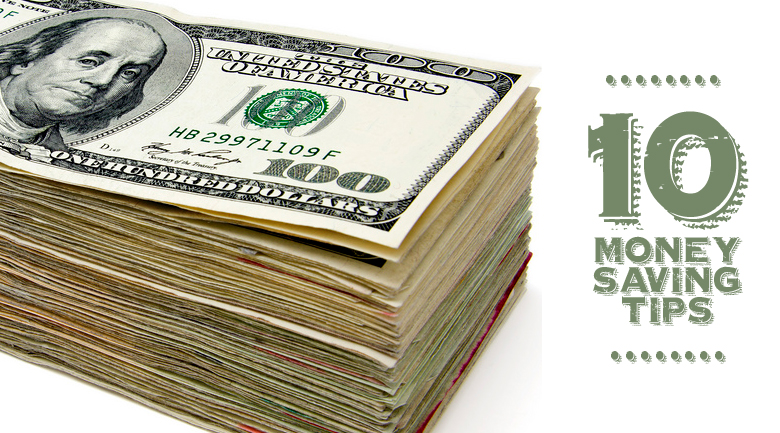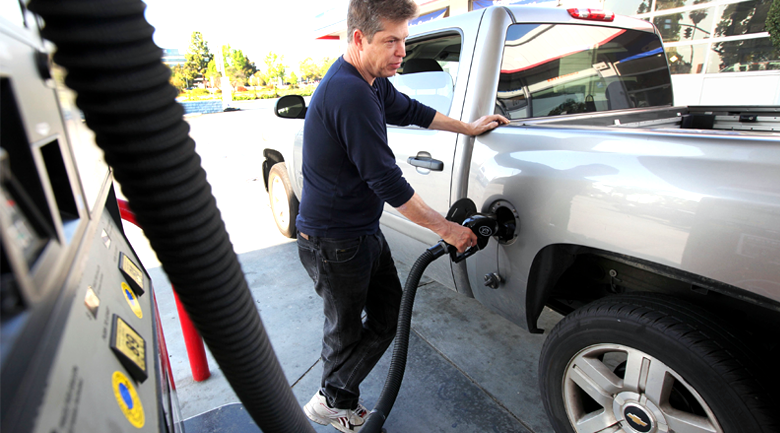
Gas taxes and your bottom line
Many industries rely heavily on time in their vehicle, not just truck drivers and delivery trucks. Sales professionals hop in their vehicles throughout the day, as do many other types of professionals (service providers like plumbers, and so forth). For that reason, gas prices and taxes are a relevant line item that must be budgeted for 2015, but with politicians making the rounds to push for higher gas taxes, budgeting becomes more complicated.
Gas prices are down roughly 50 cents per gallon compared to a year ago, which some analysts say have contributed to more money in consumers’ pockets. Some believe that this will improve holiday sales, but others believe the timing is just right to increase federal taxes on gas. The current tax on gas is 18.40 cents per gallon, and on diesel are 24.40 cents per gallon.
![]()
Supporters and opponents are polar opposites
Supporters argue as follows: gas prices are low, so it won’t hurt to increase federal gas taxes, in fact, those funds must go toward improving our infrastructure, which in the long run, saves Americans money because smoother roads mean better gas mileage and less congestion.
Gas taxes have long been a polarizing concept, and despite lowered gas prices, the controversial nature of the taxes have not diminished.
While some are pushing for complete abolition of federal gas taxes, others, like former Pennsylvania Governor, Ed Rendell (D) tell CNBC, “Say that cost the average driver $130 a year. They would get a return on that investment” in safer roads and increased quality of life, he added.
The Washington Post‘s Chris Mooney points out that federal gas taxes have been “stuck” at 18 cents for over 20 years, last raised when gas was barely a dollar a gallon and that the tax must increase not only to improve the infrastructure, but to “green” our behavior, and help our nation find tax reform compromise.
Is a gas tax politically plausible?
Mooney writes, “So, this is not an argument that a gas tax raise is politically plausible — any more than a economically efficient tax on carbon would be. It’s merely a suggestion that — ignoring politics — it might be a pretty good idea.”
Rendell noted, “The World Economic Forum, 10 years ago, rated us the best infrastructure in the world,” adding that we “need to do something for our infrastructure, not in a one or two year period, but over a decade.”
Others would note that this rating has not crumbled in just a few years, that despite many bridges and roads in need of repair, our infrastructure is still superior to even the most civilized nations.
Regardless of the reasons, most believe that Congress won’t touch this issue with a ten-foot pole, especially leading up to another Presidential campaign season starting next year.
“I think it’s too toxic and continues to be too toxic,” Steve LaTourette (the former Republican congressman best known for his close friendship with his fellow Ohioan, Speaker John Boehner) tells The Atlantic. “I see no political will to get this done.”
Whether the time is fortuitous or not, and regardless of the positive side effects, many point to a fear of voters’ retaliation against any politician siding with a gas hike, so this matter going any further than the proposal stage is unlikely.
Marti Trewe reports on business and technology news, chasing his passion for helping entrepreneurs and small businesses to stay well informed in the fast paced 140-character world. Marti rarely sleeps and thrives on reader news tips, especially about startups and big moves in leadership.

































